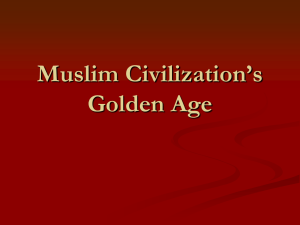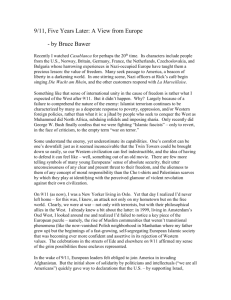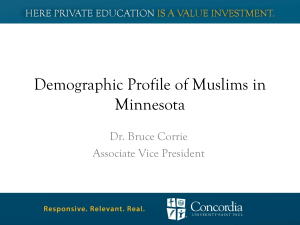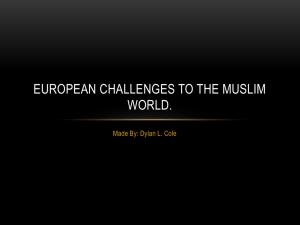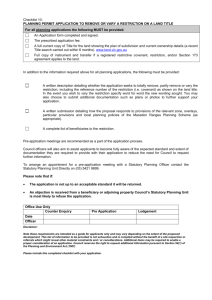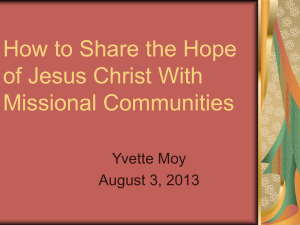Topic: Restriction of Religion in France
advertisement
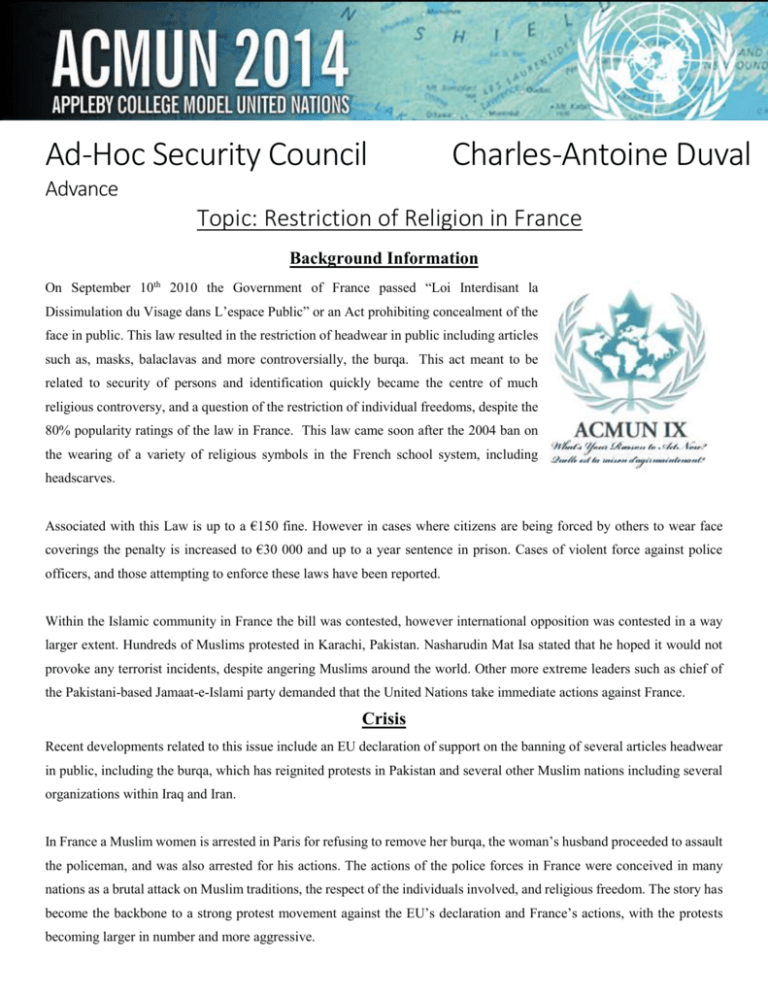
Ad-Hoc Security Council Charles-Antoine Duval Advance Topic: Restriction of Religion in France Background Information On September 10th 2010 the Government of France passed “Loi Interdisant la Dissimulation du Visage dans L’espace Public” or an Act prohibiting concealment of the face in public. This law resulted in the restriction of headwear in public including articles such as, masks, balaclavas and more controversially, the burqa. This act meant to be related to security of persons and identification quickly became the centre of much religious controversy, and a question of the restriction of individual freedoms, despite the 80% popularity ratings of the law in France. This law came soon after the 2004 ban on the wearing of a variety of religious symbols in the French school system, including headscarves. Associated with this Law is up to a €150 fine. However in cases where citizens are being forced by others to wear face coverings the penalty is increased to €30 000 and up to a year sentence in prison. Cases of violent force against police officers, and those attempting to enforce these laws have been reported. Within the Islamic community in France the bill was contested, however international opposition was contested in a way larger extent. Hundreds of Muslims protested in Karachi, Pakistan. Nasharudin Mat Isa stated that he hoped it would not provoke any terrorist incidents, despite angering Muslims around the world. Other more extreme leaders such as chief of the Pakistani-based Jamaat-e-Islami party demanded that the United Nations take immediate actions against France. Crisis Recent developments related to this issue include an EU declaration of support on the banning of several articles headwear in public, including the burqa, which has reignited protests in Pakistan and several other Muslim nations including several organizations within Iraq and Iran. In France a Muslim women is arrested in Paris for refusing to remove her burqa, the woman’s husband proceeded to assault the policeman, and was also arrested for his actions. The actions of the police forces in France were conceived in many nations as a brutal attack on Muslim traditions, the respect of the individuals involved, and religious freedom. The story has become the backbone to a strong protest movement against the EU’s declaration and France’s actions, with the protests becoming larger in number and more aggressive.





